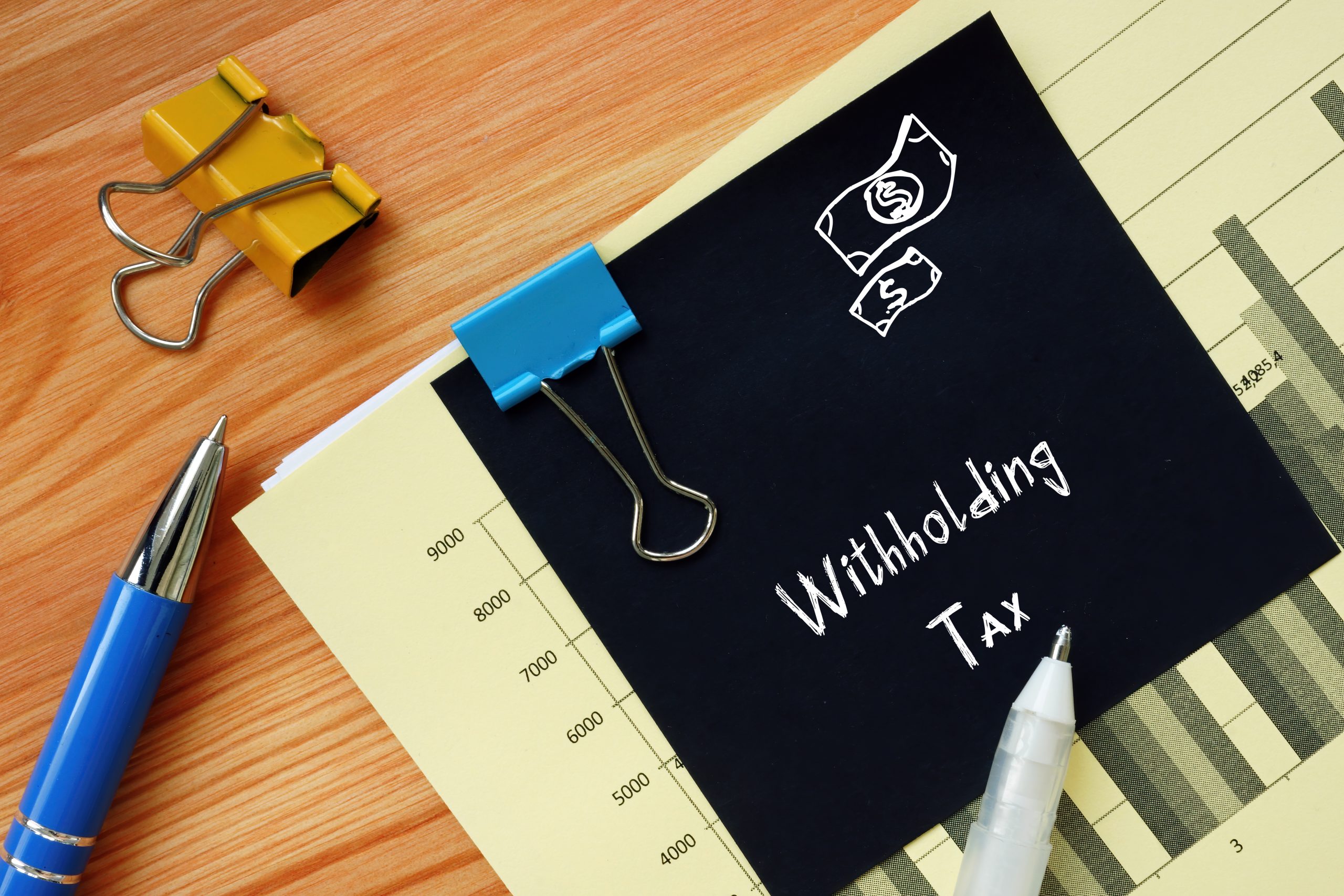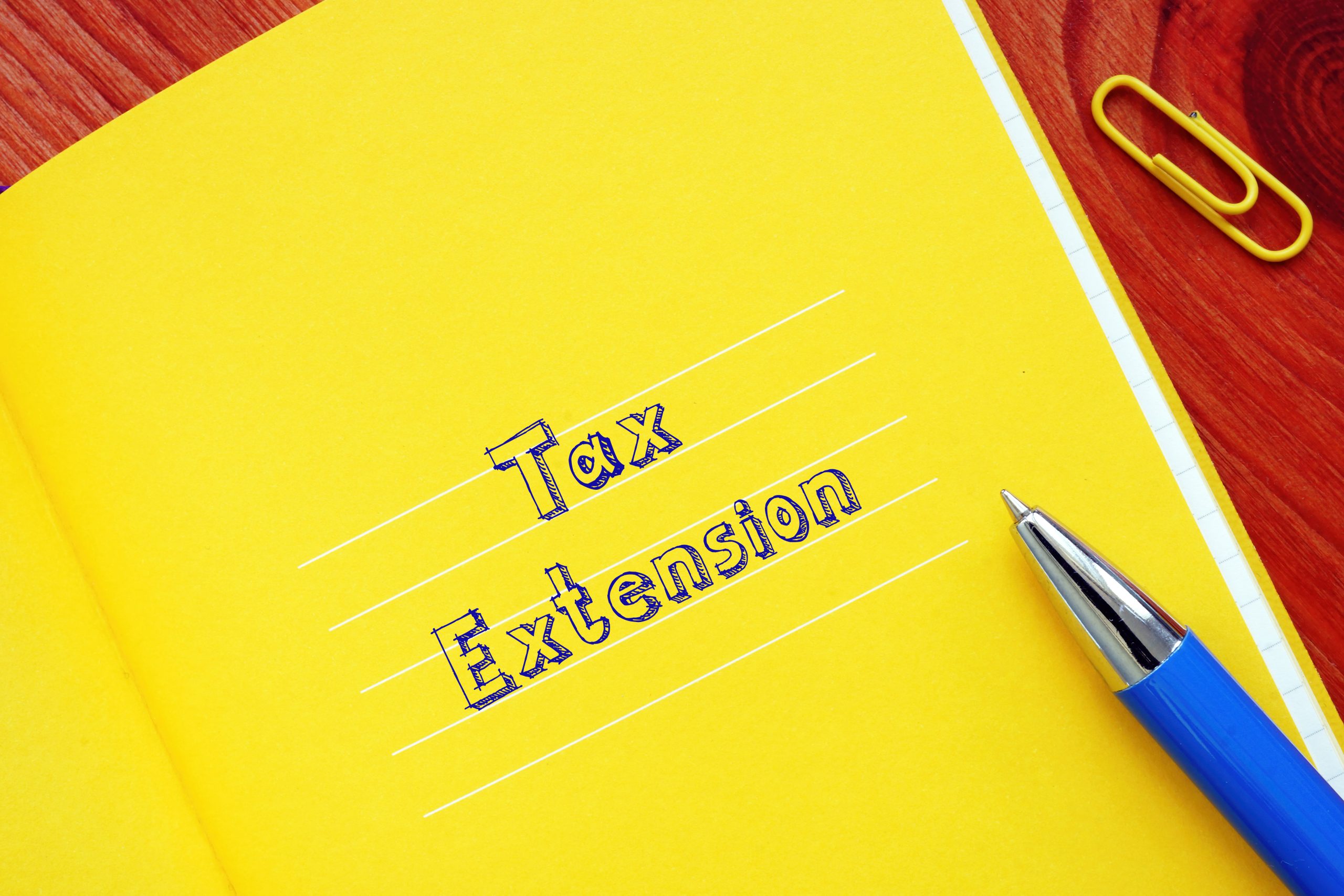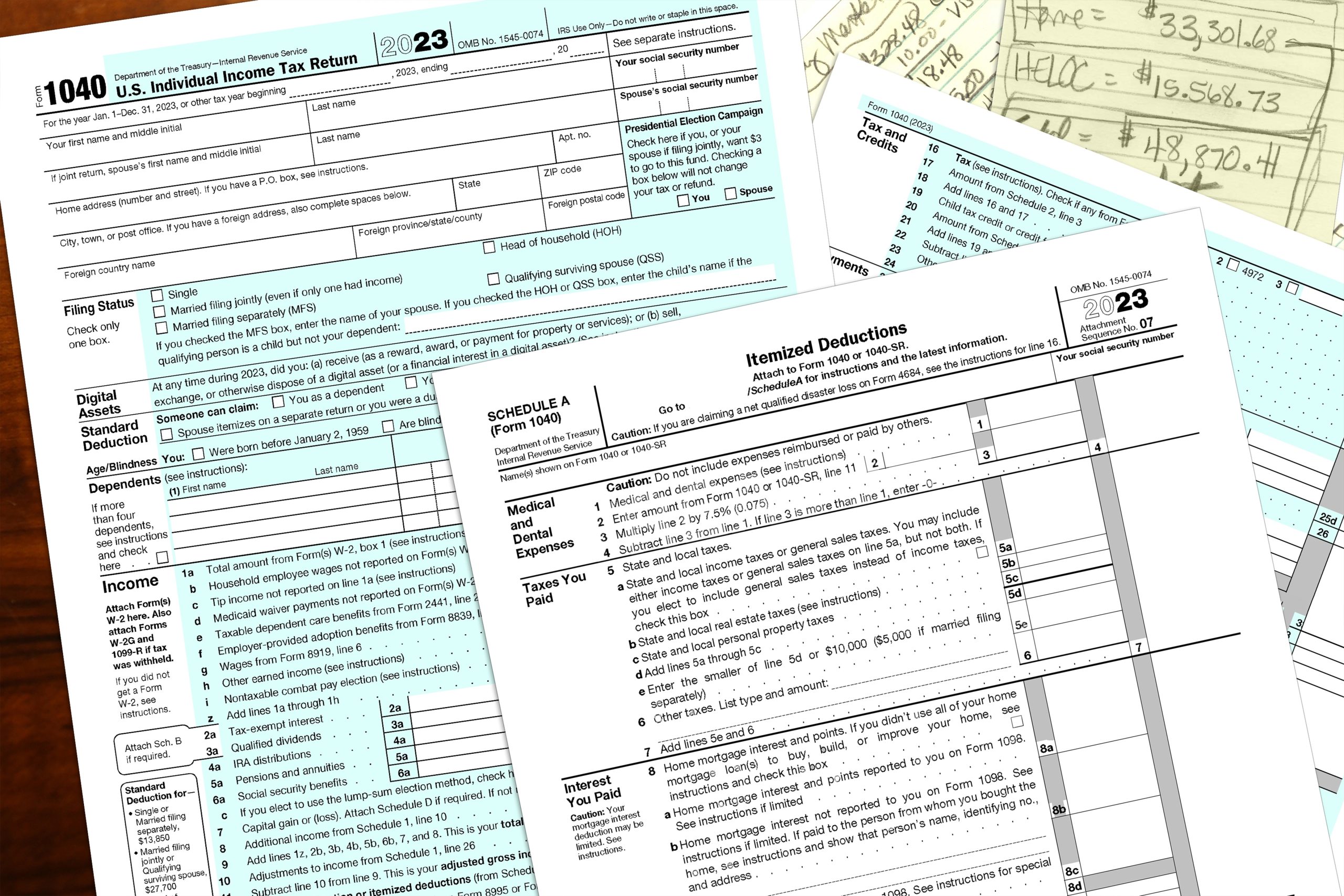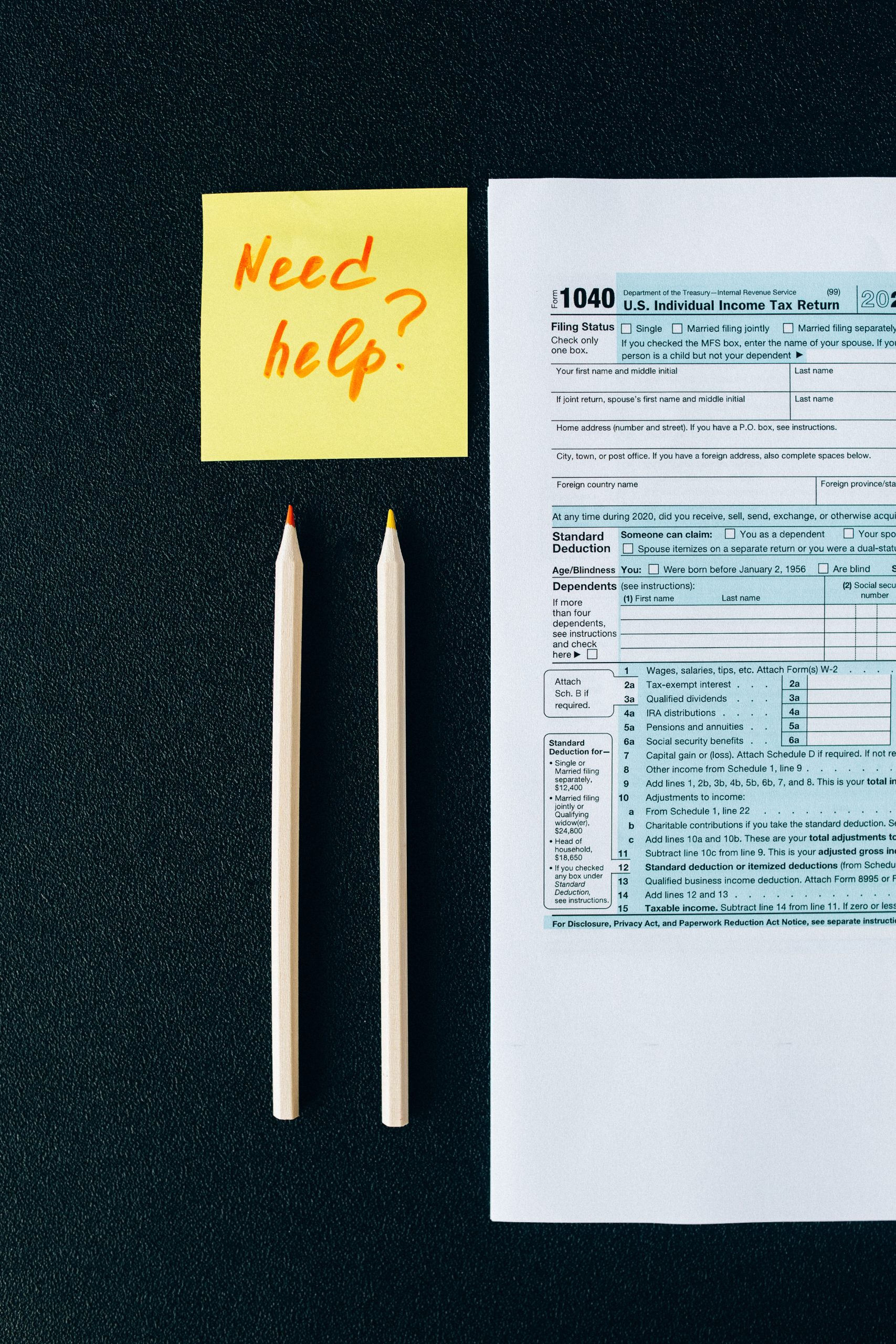Did you know that if you are self-employed or have a side gig, you have the ability to save thousands of dollars on your taxes each year? That’s right – being self-employed gives you the ability to claim several deductions that are not available to traditional employees.
Keep reading to learn about how you can use your home office, travel expenses, credit card interest, and even your startup costs to save money on your taxes this year.
Common Tax Deductions for Self-Employed and Side-Gigs
Home Office
If you are self-employed or working on a side gig from your house, the IRS lets you deduct expenses associated with maintaining an office at home; unfortunately, this deduction is not available to employees.
What can I deduct?
If you are self-employed and working from home, you can deduct most expenses associated with maintaining your workspace. This includes a portion of the following:
- Rent
- Utilities
- Repairs
- Maintenance
- Other home-related expenses
How does the deduction work?
You’ll need to determine the portion of your home that you use “exclusively and regularly” for your business. The percentage of the square footage of your office relative to the square footage of your home dictates how much you can deduct. For example, if your home office is 15% of your home square footage, then you can deduct 15% of all eligible expenses.
If you have questions on how the deduction works, check out the IRS Publication 587. This document covers several different situations to determine if an expense is deductible.
What else can I do?
You are also able to simply deduct $5 per square foot for the business use of your home instead of taking a deduction based on the percentage of the home devoted to business use. The maximum deduction under this method is $1,500.
You should calculate your deduction using both methods to see which is more beneficial for you.
Office Supplies
If you are self-employed, you can deduct everyday things that you use to operate your business.
What can I deduct?
You are able to deduct office supplies like:
- Pens
- Staplers
- Paper
- Postage
- Power cords
- Office equipment
How does the deduction work?
If you keep a running tally of the supplies that you purchase, you can deduct whatever you buy each year dollar-for-dollar.
What else can I do?
If you make a large purchase like a computer or piece of equipment, the IRS may consider the item an asset. In this case, you are able to deduct a portion of the cost of the item for each year of its useful life. For more information on how depreciation works, read the IRS Publication 946.
Startup Costs
If you just started your business this year, you may be able to deduct some of the expenses you paid to get your business up and running.
What can I deduct?
Startup costs typically involve the expenses incurred prior to opening your business. Some common startup costs include:
- Salaries and wages for employees in training
- Travel to get supplies or customers
- Consulting fees
- Organizational costs (setting up your business as a legal entity)
- Grand opening advertising
How does the deduction work?
You are able to deduct $5,000 of startup costs and $5,000 of organizational costs in the year that you start your business. However, there is a catch: if your total start-up costs exceed $50,000, then your deduction is reduced dollar-for-dollar for the costs that exceed $50,000.
What else can I do?
If some of your startup costs are capital expenditures, they may be treated as assets rather than as expenses. The IRS rules surrounding this are laid out in IRS Publication 535.
Credit Card or Loan Interest
If you take out a loan or rack up a large credit card bill for business expenses, then the interest on that loan may be deductible.
What can I deduct?
You are able to deduct the cost of any interest accrued for a purchase that was made for your business.
What else can I do?
If you aren’t able to get a loan or credit card for your business, you can deduct interest accrued for business expenses purchased using a personal credit card. Just make sure that you only deduct the portion of the interest accrued on business purchases.
Business Travel and Meals
If you travel for business purposes or pay to feed your employees, you are able to deduct the cost of the travel or meals.
What can I deduct?
As long as the expenses are for legitimate business purposes, you can deduct the following:
- Mileage
- Flights
- Hotels
- Taxis
- Meals
How does it work?
If you are driving your personal car for business expenses, you can deduct costs based on the mileage driven for business purposes using the IRS standard mileage rate.
You can deduct the costs of hotels and flights. For meals, you are able to deduct the cost of meals when traveling and meals provided for your employees. For a complete list of travel deductions, read the IRS publication 463.
What else can I do?
If you’d rather charge your “actual car expenses,” then you can keep track of all the costs associated with maintaining your car. However, in these instances, the car has to be sued solely for business purposes.
Self-Employment Tax
You are able to deduct the employer-equivalent portion of the self-employment tax you pay in figuring your adjusted gross income (“AGI”). The tax is charged at the self-employment tax rate of 15.3% of net earnings and is broken down by a 12.4% social security tax and a 2.9% medicare tax.
What can I deduct?
You are able to deduct up to half of your self-employment taxes. It’s important to note that self-employment taxes are different than income taxes.
How does it work?
When going to file your Schedule SE, you are able to deduct exactly half of the self-employment taxes (the employer-equivalent portion) you owe for that year.
Getting Help with Business Expenses and Taxes
As you can see, knowing if expenses are deductible or not isn’t always simple. To ensure that you claim all the deductions that you are eligible for, you should consult a tax professional.
As a FileSmart member, you’ll get access to professional tax advice for a fraction of the cost of hiring an accountant or CPA. In addition to that, you’ll have access to informative courses and top-notch tax filing software. Sign up today to get started!































0